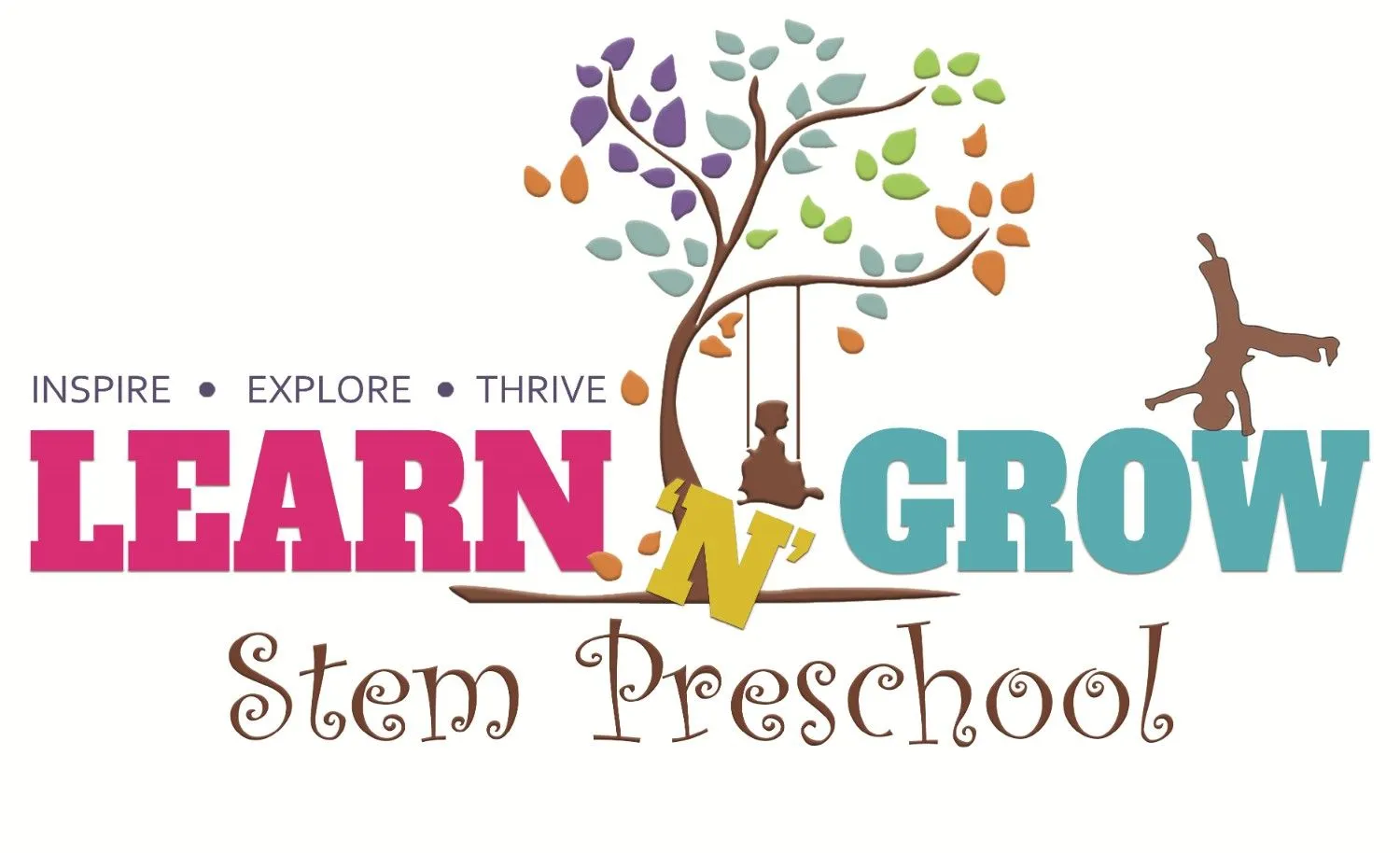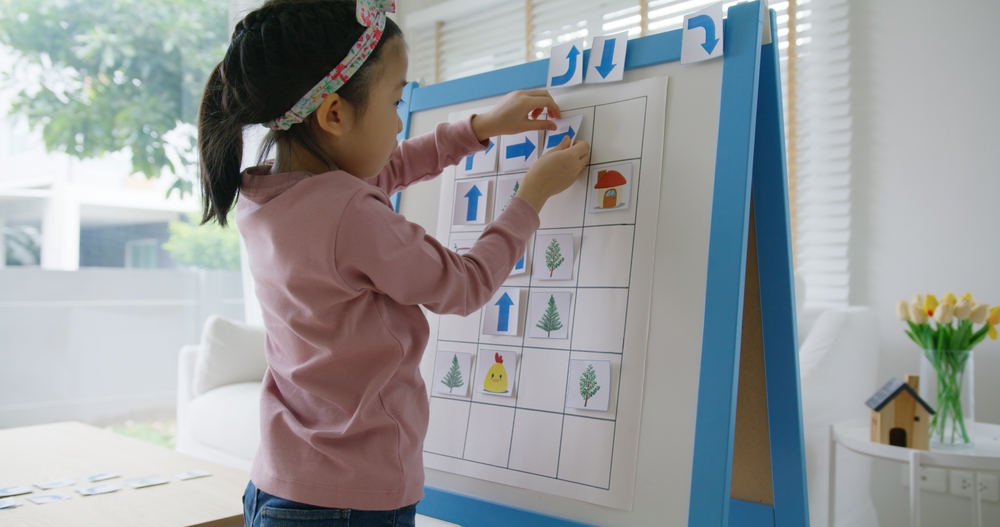Introduction:
In today’s world of rapid change, preparing children for the future means more than just teaching them the basics of reading, writing, and arithmetic. In the early years of childhood, especially in preschool settings, STEM (Science, Technology, Engineering, and Mathematics) education can engender curiosity, innovation, and valuable life skills. While some may think it is too early to focus on STEM for kids who are not even 10 years old, literature, research, and practice support that introducing STEM strategies and concepts in the preschool years helps develop the child’s capacity to be a lifelong learner in any future role. We will review why it is an important priority to focus on STEM education for preschoolers at the preschool level, in order to raise well-rounded and future-ready kids!
Building Strong Cognitive Foundations Early:
Boosting Problem-Solving and Critical Thinking Skills:
Through engaging in STEM activities, preschoolers are not only learning facts but also developing important ways of thinking. When they explore and decide how to build the tallest tower with blocks, test and find the reason why one object sinks, but another floats, or play with a simple coding game, young children begin to practice observation, prediction, and trial-and-error experimentation. These activities all enhance the ability to problem-solve and encourage critical thinking at an early age. STEM play provides a hands-on way for preschool children to explore the cause and effect process, analyze results, and provides an opportunity for the mind to ‘practice’ taking a creative and systematic approach to problem-solving. This early practice prepares preschool children to problem-solve academically and in ‘real’ ways!
Strengthening Early Math and Science Concepts Naturally:
Preschool STEM learning is an organic way to combine early math and science that is playful, not scary. Little things like counting seeds, measuring water, or sorting by shape and size often provide opportunities for early mathematical thinking in these everyday moments. Finding ways to observe nature, asking “why” questions, and experimenting with everyday materials develop early science literacy. All of these experiences make math and science less foreign, and once we can be familiar with all of these concepts, the anxiety around math disappears, and the foundation can be laid for the more complicated concepts that will follow as the child grows. STEM Education Programs Frisco TX, support this approach by nurturing curiosity and building confidence through hands-on learning at an early age.
Nurturing Curiosity and a Love for Exploration:
Encouraging Lifelong Interest in Learning and Discovery:
Young children’s curiosity is inherent—they want to know how things work, why things happen, and what they can make. STEM opportunities fit this natural curiosity by promoting open-ended exploration and discovery. When children are given the chance to explore materials and manipulate simple machines as well as digital tools, they have the great joy of figuring things out on their own. When children experience this kind of wonder and independent exploration, they begin to build a sense of accomplishment, which creates confidence and then positively reinforces an intrinsic love of learning. When children are exposed to STEM opportunities that feed their curiosity and involve hands-on learning experiences, educators and families are creating opportunities where children will develop a positive disposition towards learning, which can last beyond preschool.
Fostering Innovation and Creativity Through Play
STEM education is not just about facts and formulas, but is also connected to creativity and innovation. STEM Education for Preschoolers initiatives often allow children to design, build, and invent. They can envision a mountain of possibilities and take steps to make it a reality. When children are tasked with making a bridge out of popsicle sticks or designing a rudimentary robot, they are allowed to explore and create freely without a fear of failure. This kind of creative space cultivates an innovative mindset. Young children can learn that failure is an inevitable part of the process, and new ways of doing things come from the combination of persistence and imagination. This early exposure causes young children to become nimble and inventive thinkers who are prepared for what they will face in the future.
Preparing Future-Ready Skills for Tomorrow’s World:
Developing Early Technology Fluency and Digital Literacy:
In a technology-driven world, early exposure enables children to become comfortable with and gain confidence using digital tools. Many of the Preschools in Frisco allow kids who can play simple coding games, explore educational apps, and use simple robotics are not only learning how to use technology, but also to understand how it operates behind the scenes. Early exposure to digital literacy provides their future education and the workforce with skills to be capable, engaged users and designers of technology rather than passive consumers. Thoughtfully and intentionally introducing technology at a young age develops familiarity that the child can leverage for their use and success in the future.
Laying the Groundwork for Future Career Readiness:
Preschoolers are not making career choices, but early STEM learning experiences have lasting career preparation advantages. Right now, both engineering and healthcare need adaptable workers who possess strong analytical capabilities and report and use technology proficiency. Introducing STEM themes to children prior to formal schooling allows preschoolers to learn practical skills in critical thinking and problem-solving, important life skills for survival and success in future economies. The use of critical thinking and being able to utilize the data while taking a systematic challenge-solving approach is useful for any kind of job, STEM-driven or otherwise. The Best Preschools in Frisco understand the value and offer early STEM learning opportunities, fostering adaptable skills to prepare learners for their future.
Conclusion:
STEM Education for preschoolers aged under 10 is more than just scientific and mathematical education, as it develops their fundamental way of thinking, problem-solving ability, and growth mindset. Having interactive learning through exploration and development fosters preschoolers to be confident thinkers with the ability to tackle problems creatively and to explore unfamiliar territories. Early STEM education will help children thrive as opposed to merely keeping pace in a continuously changing and complex world. In relation to this curiosity, as well as cognitive ability and current competencies, has been developed through the process will give potential students confidence going into future challenges and possibilities.

